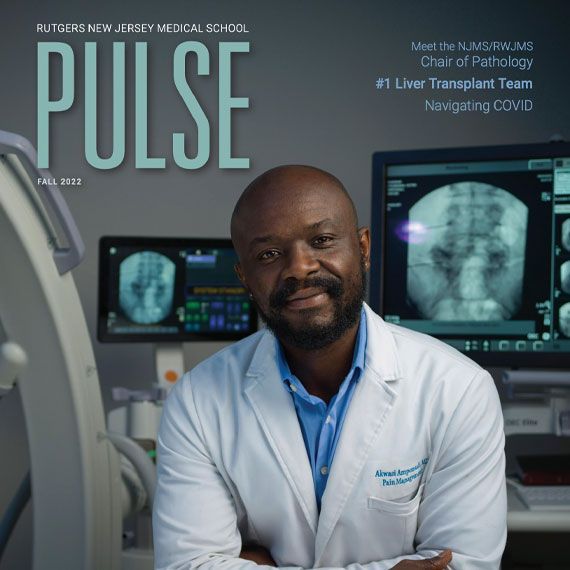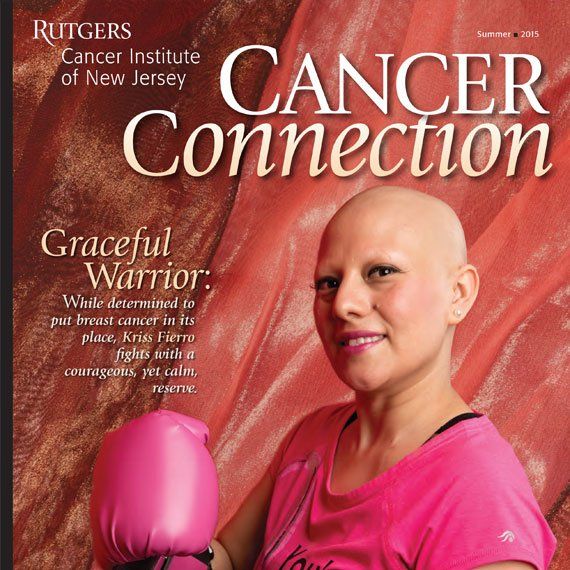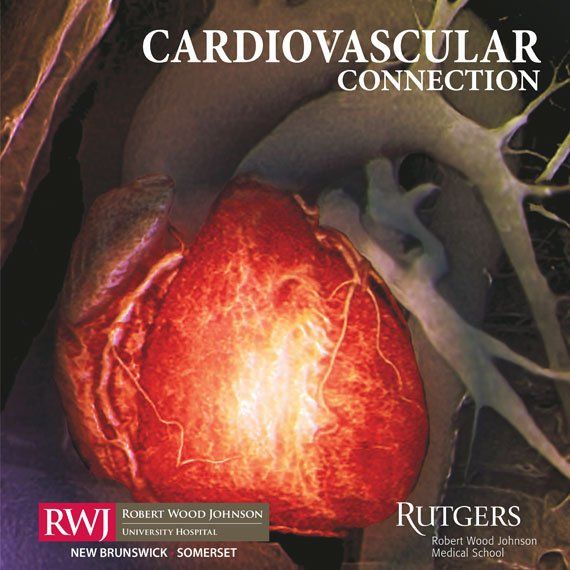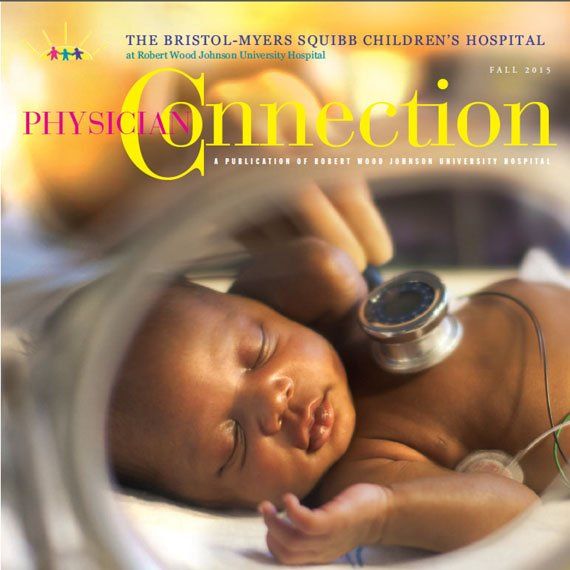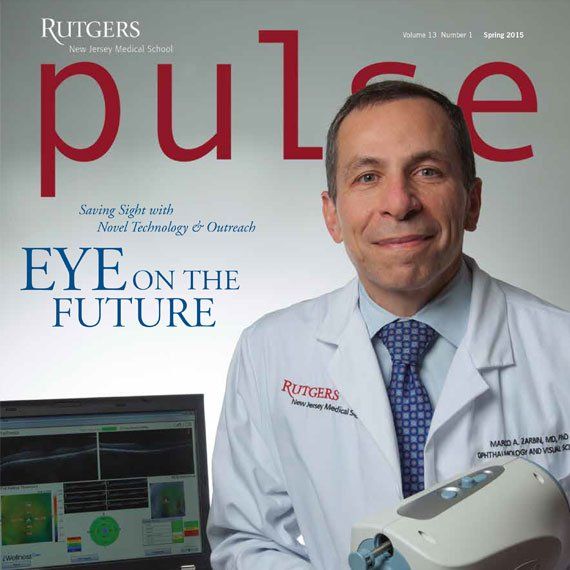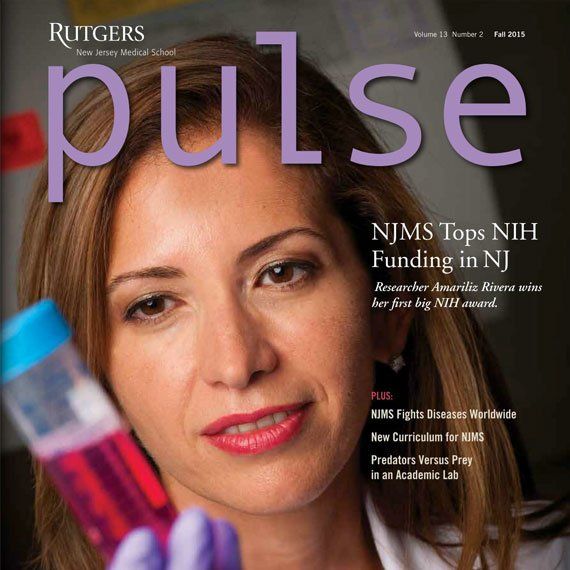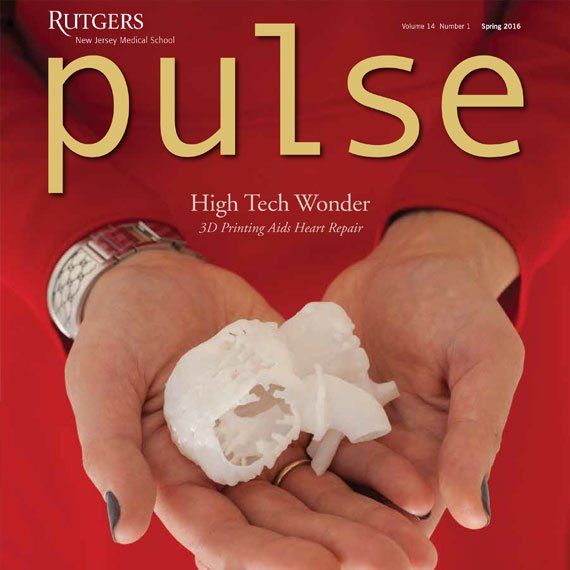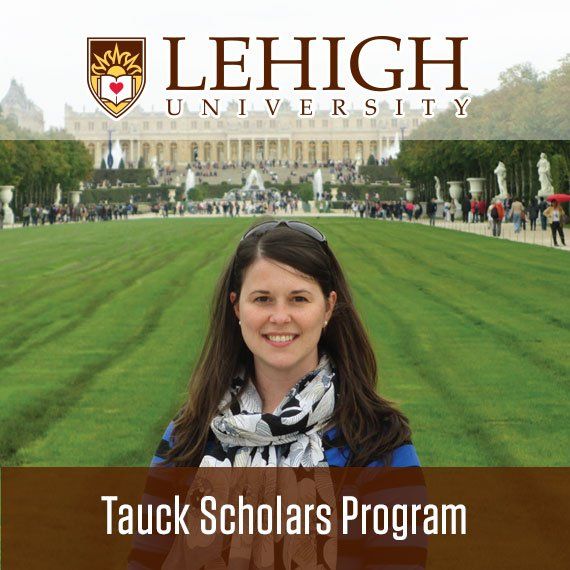Thanks Mom...Understanding Attachment Theory

Maggie had a baby boy, Alexander Stone Carr. Here they are on day 1...learning to love and totally attached to one another.
Lately, I’ve been appreciating my mother and father who have both been dead for years, especially my mom who was calm, loving, fair and very smart. Not many of her grandchildren and great-grandchildren know that she skipped ahead two grades in school and then ended up working for the Federal Reserve Bank in Philadelphia without benefit of a college degree and during the depression when so many were out of work.
All families have their own distinctive styles of conversation, love, interaction, and attachment behavior. The New York Times ran a story recently, titled “Yes It’s Your Parents’ Fault,” by Kate Murphy, describing a 50-year-old concept known as attachment theory, which is having a “breakout moment.” Psychoanalyst John Bowlby first explained that the quality of our early attachments “profoundly influences how we behave as adults,” Murphy writes. Caregivers, (not just mothers), who are “distracted, overbearing, dismissive, unreliable, absent or perhaps threatening,” according to Murphy, can create flawed individuals who subconsciously act in ways that set themselves up for difficulty later in life. “By the end of the first year, we have stamped on our baby brains a pretty indelible template of how we think relationships work, based on how our parents or other caregivers treat us,” Murphy says.
For months now, when I see individuals behaving badly, my mantra has been is: They are doing the best they possibly can with the tools they learned in childhood. Dr. Amir Levine, a Columbia University psychiatrist and author of the book, Attached, links our behavior right into the neurochemistry of the brain, learned from our earliest experiences. Self-destructive or sabotaging impulses can be changed, of course, and there are attachment-oriented psychotherapies and training available. You can even find out your dominant attachment style by taking a self-administered quiz. In the meantime, I’m thanking my parents for being so normal.











